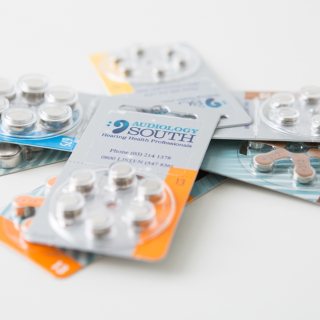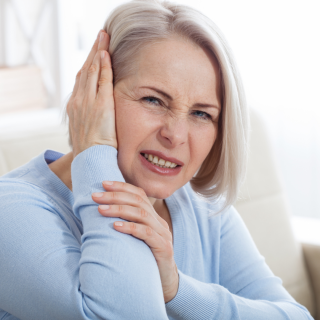Posted Sunday May 17, 2020
Battery sizes
There are four common sizes that are colour coded to make it easy to purchase: the largest is 675 (blue); most common are 13 (orange), and 312 (brown); and the smallest is 10 (yellow). The type of hearing aids you use and their power requirements determine which size of battery you need. For example, large, powerful behind the ear (BTE) devices typically use size 13 or 675, while smaller in the ear (ITE) or canal (CIC) styles use size 312 or 10.
Battery life
Battery life depends on many variables including: their size, your degree of hearing loss and the power requirements of your hearing aids, the number of hours you wear your devices, the amount of sound they process, and how much streaming (e.g., Bluetooth) you do per day. Battery life can vary as much as several days for small batteries to two to three weeks for the larger sizes.
Battery storage
Keep batteries out of the sun and very cold environments. Ideally, store them at room temperature, between 10 and 25OC. Hearing aid batteries are very safe, but when storing them, make sure they are out of the reach of children. Button cell batteries must can cause serious health issues if swallowed.
https://www.ecotechservices.co.nz/resources/knowledge-base/batteries/battery-safety/



